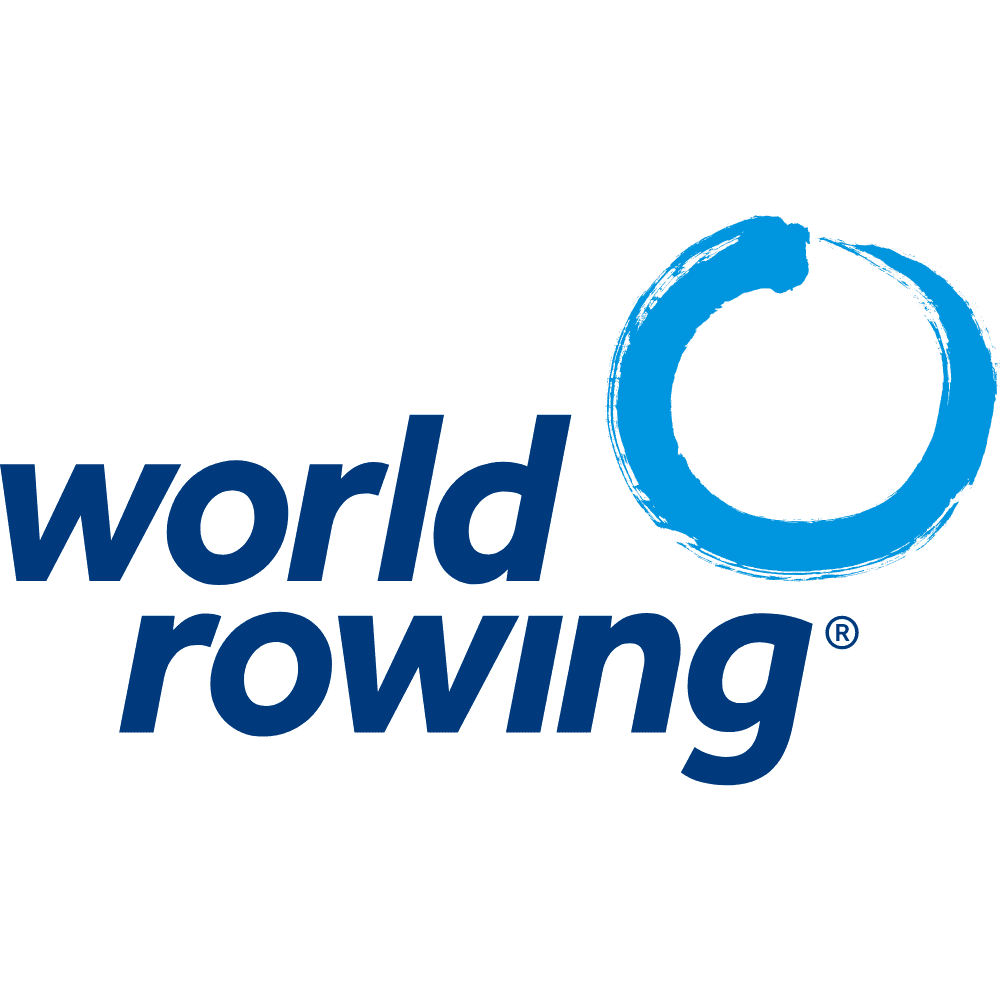
31 May 2016
Rowing completes successful Olympic and Paralympic Qualification process
For the Olympic qualification process, 116 member national federations attempted to qualify for the Olympic Games. This is a 14 per cent increase on the 101 member federations for London 2012 and 101 for Beijing 2008. As well, 69 member national federations have now qualified for the Rio 2016 Olympic games regatta, a 19 per cent increase on London 2012 which had 58 member national federations and Beijing 2008 with 60.
For the Paralympic games qualification process, 36 member national federations attempted to qualify this time, a 28 per cent increase over London 2012 with 28 member federations and Beijing with 24. As well, 26 member federations will participate in the Rio 2016 Paralympic games, a 13 per cent increase on London 2012 which had 23 member federations and Beijing 2008 with 23.
The Olympic qualification framework for rowing went to a 60:40 per cent men/women ratio for Rio 2016 which is progress towards equality. London 2012 was 64:36 per cent men/women. The Paralympic qualification framework for para-rowing has been 50:50 per cent since the introduction of rowing to the Paralympic games in 2008.
The first opportunity to qualify for the Olympic and Paralympic games was at the 2015 World Rowing Championships, the year before the Olympics, where qualification is purely performance based. There are also second chance opportunities to qualify for the Olympic Games and these are the continental Olympic qualification regattas and the final Olympic and Paralympic qualification regattas. The European continental Olympic and the final Olympic qualification regatta were held this past weekend in Lucerne, Switzerland. The final Olympic qualification regatta, for ten events, is also purely performance based. However, one new key Olympic qualification rule limits member federations to one male and one female crew to qualify at the continental qualification regattas.
The continental Olympic qualification regattas included the Americas, Asia/Oceania, Africa and Europe. They are staged for the men’s and women’s single sculls and the men’s and women’s lightweight double sculls. These events have slightly higher boat quotas in order to achieve greater universal participation. This new rule has resulted in seven additional nations receiving the chance to participate in the Olympic Games. However, it has not been easy for the member federations involved to select one of the two boats from those that achieved qualification. The following member federations had the very difficult decision of selecting one boat from two of the same gender that achieved a qualifying position:
- Egypt, Mexico, Chile and Belgium achieved qualifying positions with their two men’s crews (men’s single sculls and lightweight men’s double sculls) and had to select one boat for the Games.
- Cuba, Korea and Vietnam achieved qualifying positions with their two women’s crews (women’s single sculls and lightweight women’s double sculls) and had to select one boat for the Games.
- Brazil achieved qualifying positions in both men’s and women’s crews and selected the lightweight men’s double and lightweight women’s double for the Games.
One of the goals for the sport of rowing is to improve on universal participation. Hence this rule was announced in 2013 and has been published as a part of the International Olympic Committee (IOC) approved Olympic Qualification System for Rio. This rule has helped rowing achieve a nearly 20 per cent increase in participation on the same quota of 550 rowers.
The Paralympic qualification system includes 40 of the 48 boats based purely on performance and then the final eight boats, the Bipartite Commission invitations, were attributed to member federations that had not yet qualified in another boat in rowing at the Paralympic games. This resulted in the 26 member federations that will participate at the Paralympic games in Rio.

